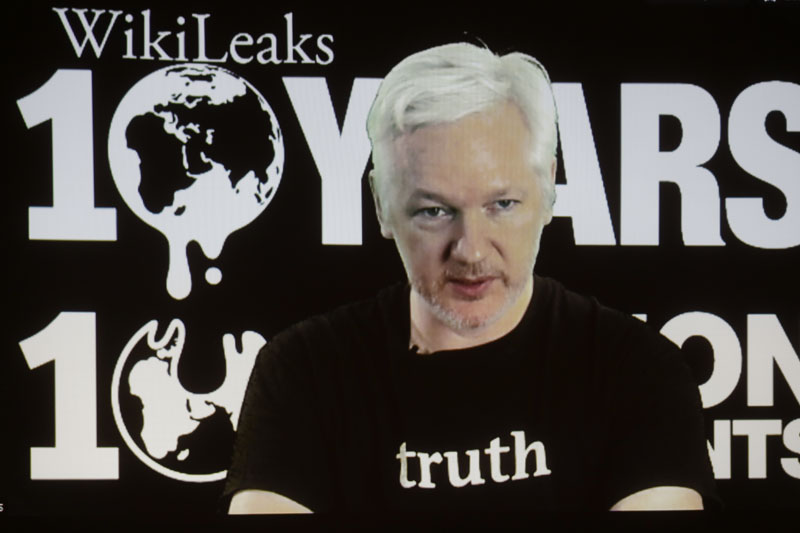Prosecutors question Julian Assange at Ecuador embassy
- Assange queried for four hours
- Fled to Ecuadorian embassy in 2012
- Swedish prosecutor seeks details on 2010 alleged rape
- Assange denies allegations, ultimately fears US jail
Assange made international headlines in early 2010 when WikiLeaks released classified US military video showing a 2007 attack by Apache helicopters that killed a dozen people in Baghdad, including two Reuters news staff.
EMBASSY QUESTIONING
Under conditions agreed by Ecuador, Isgren and a police investigator asked questions through the Ecuadorian prosecutor, who will then report the findings to Sweden, which will then decide whether to continue the investigation.
Samuelson, Assange's Swedish lawyer, said he had been barred from the meeting. "Ecuador refuses to let me in and insists that the questioning will continue without my presence, against my client's wishes to have me there," he told Reuters.
While Assange's Ecuadorean defence lawyer appeared to be present, Samuelson said he still hoped to be admitted if the interview continued. "But a good chunk of questioning has already taken place as far as I understand," he said.
A Swedish appeals court decided in September to uphold Assange's arrest warrant, saying a strong public interest argument outweighed a case to set it aside based on the lengthy deadlock and a previous lack of impetus in pursuing the case.
Assange's request to have the warrant overturned came after a UN panel assessed in February that his stay at the Ecuadorean embassy amounted to arbitrary detention, and said he should be let go and be awarded compensation.
Even if Sweden drops the investigation, however, Assange could be arrested for breaching bail conditions in Britain.






